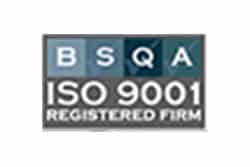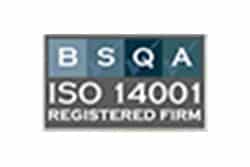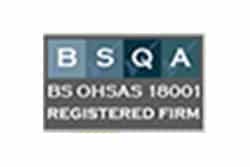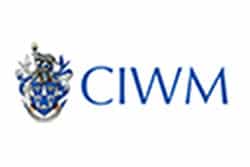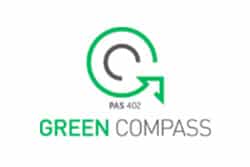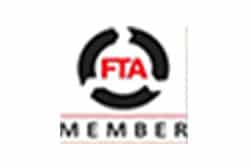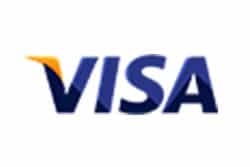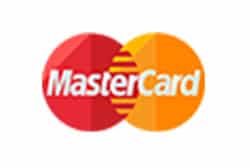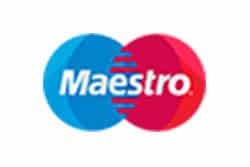As the world moves toward a more sustainable future, recycling has become a critical part of environmental conservation. For many businesses, recycling has been a long-standing practice, but the landscape is shifting as new Simpler Recycling legislation takes effect. The focus is now on simplifying the recycling process—making it easier for businesses to participate and ensuring that more materials are diverted from landfills. But with these changes come new rules and responsibilities, especially for larger companies.
The New Legislation: What Does It Mean for Your Business?
Recent legislation requires businesses with 10 or more employees to comply with stricter recycling guidelines. The shift aims to reduce waste, promote recycling, and contribute to a circular economy. And while these changes are beneficial for the planet, they bring with them the question: Is your business ready?
If your company falls into this category, it’s essential to ensure that you’re not only aware of the new recycling regulations but also actively participating in them. It’s no longer enough to simply toss recyclables in a bin without a second thought. A more organized and efficient system needs to be in place to streamline the process, this is where RTS Waste Management can help.
The Focus of New Regulations;
Food Waste
One of the biggest changes is the emphasis on food waste. Food waste is a massive contributor to greenhouse gas emissions and represents a significant environmental issue. In fact, it’s estimated that about one-third of all food produced globally is wasted. And when food waste is dumped in landfills, it decomposes to release methane, a potent greenhouse gas. That’s why food waste recycling has become one of the focal points of the new legislation.
Businesses that generate significant amounts of food waste, such as restaurants, cafes, and supermarkets, are particularly affected. Businesses now must separate food waste from other types of waste, divert it from landfills, and ensure that it is composted or recycled to create sustainable energy and revitalise farmland.
Dry Mixed Recycling – DMR
Businesses are also required to implement systems for dry mixed recycling. DMR refers to the collection of dry recyclable materials such as paper, cardboard, plastics and metals. These materials must be separated from general waste and properly recycled, in a way that makes it easier for waste collections businesses to streamline the recycling process. The inclusion of dry mixed recycling removes the increasing dependency on raw materials for the creation of new products emphasising the requirement for businesses to set up additional processes to manage recyclables effectively.
What Should Businesses Do to Comply?
For businesses employing 10 or more people, the time to act is now. Here are some key steps to make sure you comply with the new legislation:
- Assess Your Waste: Allow us to assist you by conducting a waste audit to determine the types and quantities of waste your business produces, with particular attention to food waste and DMR. This will help you understand what you need to manage, segregate, and recycle.
- Implement a Simple Recycling System: Make it easier for your staff to separate waste. Label bins clearly for recycling, compost, and general waste. Streamlining the process helps ensure proper disposal and reduces contamination.
- Focus on Food Waste: Establish a food waste management system, whether through composting, sending it to a local anaerobic digestion facility, or working with food banks to donate excess edible food. Implementing this system can reduce your environmental impact significantly.
- Set Up Dry Mixed Recycling Systems: In addition to food waste, make sure your dry mixed recyclables are being separated effectively. This includes setting up bins for items including paper, cardboard, plastics and cans. Ensure these materials are clean and free of contamination before disposal to maximize recycling rates.
- Educate and Involve Your Staff: Ensure your employees understand the importance of recycling and how they can contribute. Collaborate with RTS to assist with brief training sessions or provide resources to clarify what goes into each waste stream.
- Track and Report: Many businesses are now required to track their waste production and recycling efforts. Regularly measure the amount of waste diverted from landfills and report it to the relevant authorities to ensure compliance. RTS customer portal allows direct, live access, so that you can better understand your waste journey and drive continuous improvement.
The Benefits Beyond Compliance
While the new legislation may seem like just another regulatory burden, the benefits of adopting simpler recycling practices are far-reaching. For one, it enhances your brand’s image as an environmentally responsible business. Consumers are increasingly gravitating toward companies that demonstrate a commitment to sustainability. Secondly, recycling can help businesses reduce disposal costs. Composting or donating food waste can also save you money on waste disposal fees, as food waste disposal is often a significant part of a business’s waste budget.
Additionally, adopting sustainable practices can help you attract and retain talent, especially among younger generations who prioritize environmental stewardship.
Final Thoughts: Is Your Business Ready for Simpler Recycling?
The new legislation around recycling, particularly the management of food waste and mixed recyclables, signals a shift toward more sustainable practices in business operations. If your business employs 10 or more people, you need to act now to ensure compliance and take advantage of the numerous environmental and financial benefits.
By implementing simple and effective recycling strategies, and educating your staff, you’ll be contributing to a healthier planet while strengthening your business’s sustainability efforts.
So, the real question is: Is your business ready?



